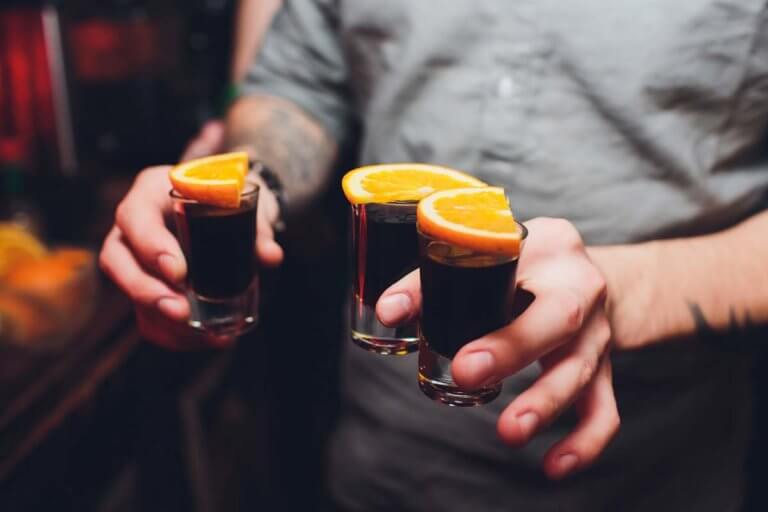Binge drinking occurs when someone drinks large amounts of alcohol in a short period. Whether it’s beer, wine, or liquor, this type of fast-paced drinking causes high levels of intoxication and possible alcohol overdose if you do not seek treatment from a residential addiction treatment center. The dangers of binge drinking range from alcohol poisoning to drinking and driving and rape.
When people start drinking, they become unaware of how much alcohol they have consumed within an hour or two. This can lead to feeling drunk, passing out, or blackout, with no memory of what happened the night before. Below, we look at some of the dangers of binge drinking and why you should avoid it.
What is Binge Drinking?
First, let’s clarify what binge drinking is. According to most alcohol addiction treatment centers in Maine, binge drinking occurs when you drink enough to quickly elevate your blood alcohol level to .08 blood alcohol concentration (BAC) or higher. This typically happens when women consume four or more drinks, or men consume five or more drinks within a two-hour period.
- Signs of binge drinking may include:
- Drinking excessive amounts of alcohol in a single sitting
- Drinking too much within a short period of time
- Continued drinking after you’ve already had too much
- Drinking with the intent to get drunk
- Drinking multiple types of alcohol (mixing drinks quickly)
Many people who binge drink do so on occasion – every few months during a holiday. This is not enough to classify a person as an alcoholic. However, binge drinking can lead to a pattern of abuse that leads to alcoholism or severe dependency. When this occurs, addiction treatment services may be necessary to help an individual recover from their condition.
Dangers of Binge Drinking
Regardless of your location, your circumstance, or how safe you think you are, there are several dangers of binge drinking that can arise if you do not seek help through addiction therapy services, including:
Alcohol Poisoning: An alcohol overdose occurs when the bloodstream and the central nervous system becomes overloaded with alcohol. To put it simply, the alcohol ‘fries’ your system. This can lead to vomiting, passing out, slowed breathing, increased heart rate, or stomach pains. A person who experiences alcohol poisoning should seek emergency medical treatment immediately.
Potential Assault: A person who becomes so drunk that they pass out or blackout, is vulnerable to being taken advantage of. For both men and women, they put themselves at risk of being sexually attacked or raped. In many instances, they may not realize what is going until the next morning. People who get drunk are also more likely to engage in sexual behavior that they may otherwise avoid.
Driving While Under the Influence (DUI): When you drink too much, one of the first things you lose is your ability to think logically. If you were sober, you may never consider getting into a car drunk or with someone else who has been drinking. However, your ability to be rational is often overshadowed by your intoxicated state. Therefore, you may be more willing to drive drunk. If you get caught, you may incur numerous penalties, including attending mandatory alcohol rehab programs.
Willingness to Engage in Dangerous Behavior: A person who has been drinking too much may lose all fear or apprehension and be more willing to engage in dangerous behavior. You may take a dare or put your life at risk in highly dangerous situations. This can lead to severe injury or fatality. Furthermore, you may not realize how injured you are if you are severely intoxicated.
Learn More About Binge Drinking
Learn more about the dangers of binge drinking at Liberty Bay. We offer comprehensive treatment for all types of addictions. Call Liberty Bay at (855) 607-8758 to find out more about your options at our addiction recovery center in Maine.






